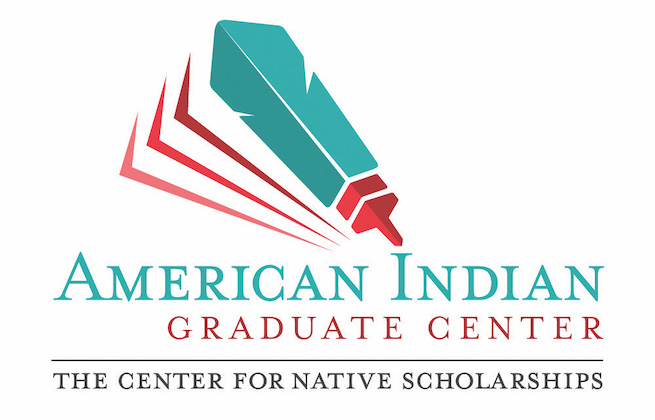ALBUQUERQUE, N.M. — The American Indian Graduate Center is launching a new $1 million scholarship program to help Native students access higher education.

The Empowering Scholars Initiative is set to begin Nov. 1. It will allow the nonprofit American Indian Graduate Center to fund scholarship for first- and second-generation decedents and part-time American Indian and Alaska Native students. As well, for the first time in the center’s history, it will also offer scholarships to doctoral candidates pursuing research opportunities and funding for students taking graduate entrance exams, according to a statement.
“We have been given the opportunity to create programming that has a generational impact on Indian Country and we intend to empower as many scholars as possible,” Angelique Albert, executive director of the American Indian Graduate Center, said in a statement.
The center credited a donation from philanthropist MacKenzie Scott for funding the initiative. In August, the center announced it had received a $20 million unrestricted donation from Scott, the largest single gift in the organization’s history, according to reports.
The funding allows the center to expand its scholarship program to 53 percent more students this year. It also helps address a need for funding for doctoral research and graduate school testing, which was a request from more than 45 percent of scholarship recipients annually, according to the center.
“The Empowering Scholars Initiative is a direct response to the needs expressed by our students,” said Albert (Confederated Salish & Kootenai Tribes).
The American Indian Graduate Center has broken the funding into four categories:
- $800,000 for mid-semester, needs-based scholarships for first- and second-generation descendants, as well as part-time students who were unable to apply earlier because of the pandemic;
- $100,000 for Student Relief Scholarships to offer Native students help with purchasing food, emergency travel costs, emergency housing costs, technology access and educational expenses;
- $50,000 for Community Impact Research Scholarships, which will offer $5,000 in one-time funding for doctoral students working on issues involving social and racial diversity and equity in Indian Country; and
- $50,000 in American Indian Graduate Center Access Scholarships to cover the cost of GRE, GMAT, MCAT, LSAT or PCAT exams for up to 160 Native students aiming to pursue graduate-level education.
According to Albert, the center has experienced a 15-percent increase in requests for part-time funding as a result of the COVID-19 pandemic. As well, the center has helped 14 percent of existing scholarship recipients with financial aid for food and shelter during the public health crisis.
“These are the realities of what Native students are facing right now and it is our responsibility to ensure we are working to meet these needs,” Albert said in a statement. “We are committed to providing all the necessary tools for Native students to be successful in college and beyond.”
